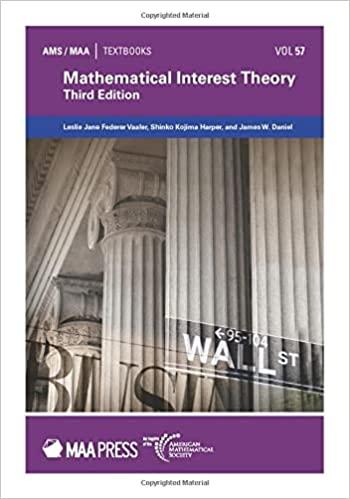Assume that the two samples are independent simple random samples selected from normally distributed populations, and do
Question:
Assume that the two samples are independent simple random samples selected from normally distributed populations, and do not assume that the population standard deviations are equal
Many students have had the unpleasant experience of panicking on a test because the first question was exceptionally difficult. The arrangement of test items was studied for its effect on anxiety. The following scores are measures of "debilitating test anxiety," which most of us call panic or blanking out (based on data from "Item Arrangement, Cognitive Entry Characteristics, Sex and Test Anxiety as Predictors of Achievement in Examination Performance," by Klimko, Journal of Experimental Education, Vol. 52, No. 4.) Is there sufficient evidence to support the claim that the two populations of scores have different means? Is there sufficient evidence to support the claim that the arrangement of the test items has an effect on the score? Is the conclusion affected by whether the significance level is 0.05 or 0.01?
.png)
Step by Step Answer:

Mathematical Interest Theory
ISBN: 9781470465681
3rd Edition
Authors: Leslie Jane, James Daniel, Federer Vaaler





